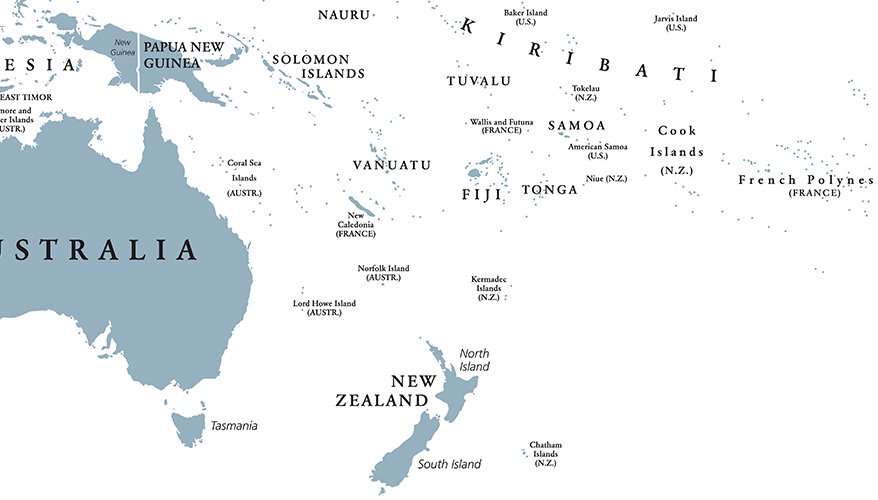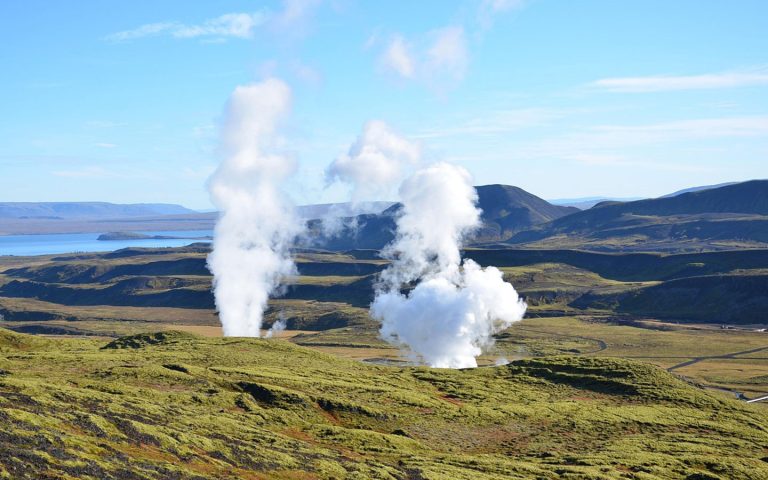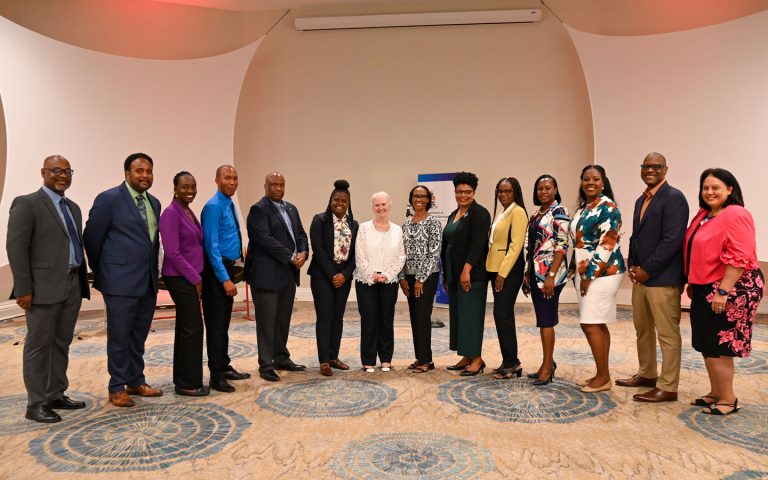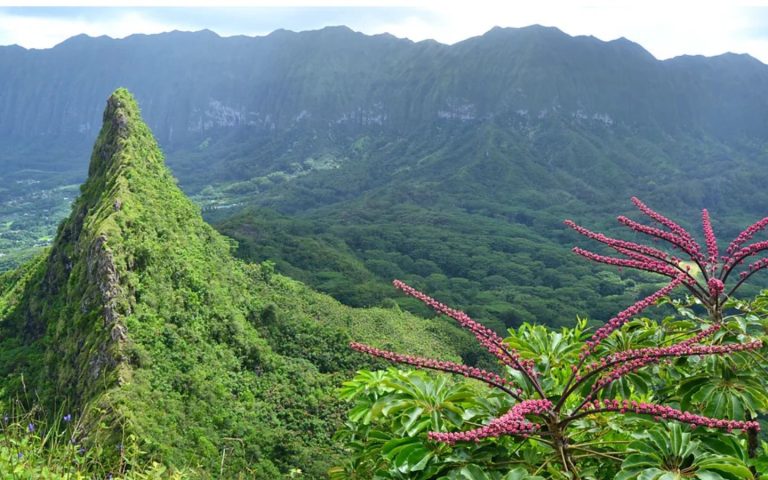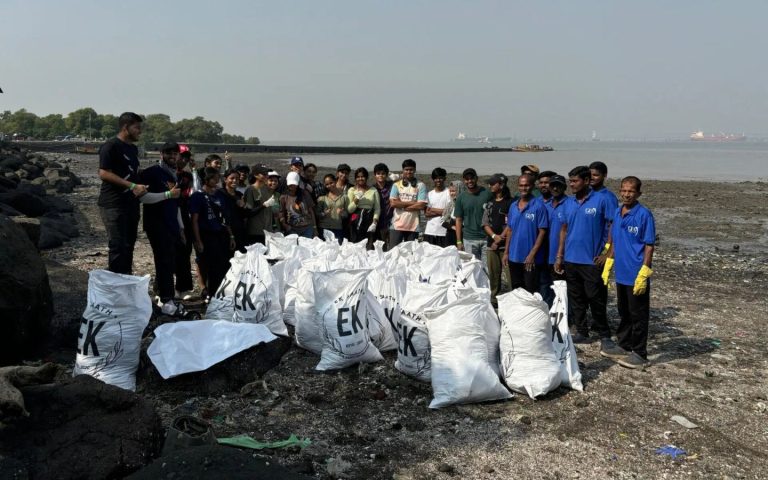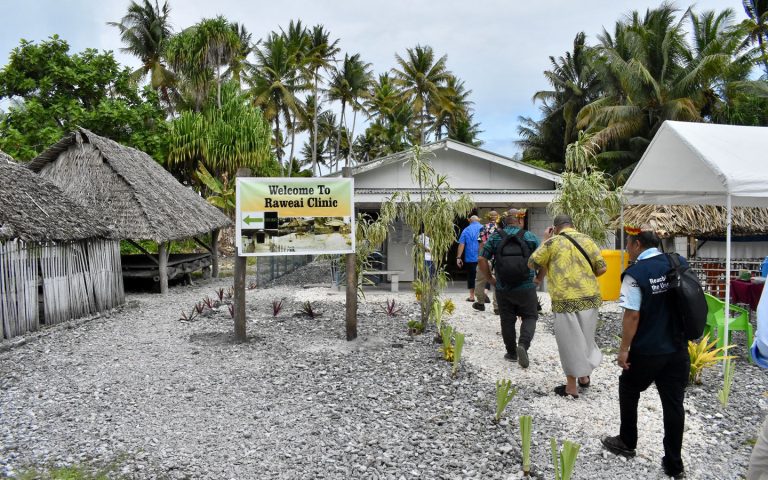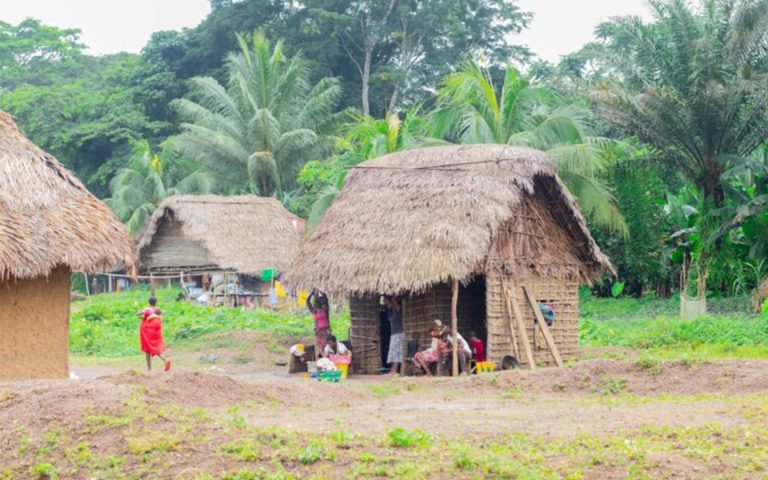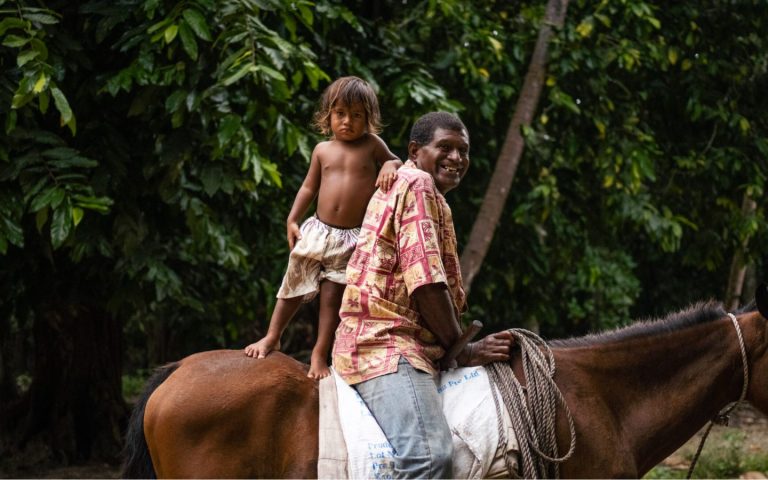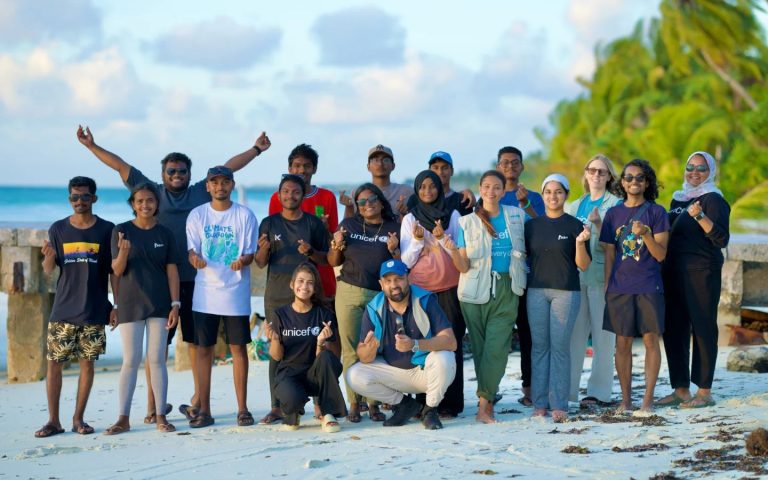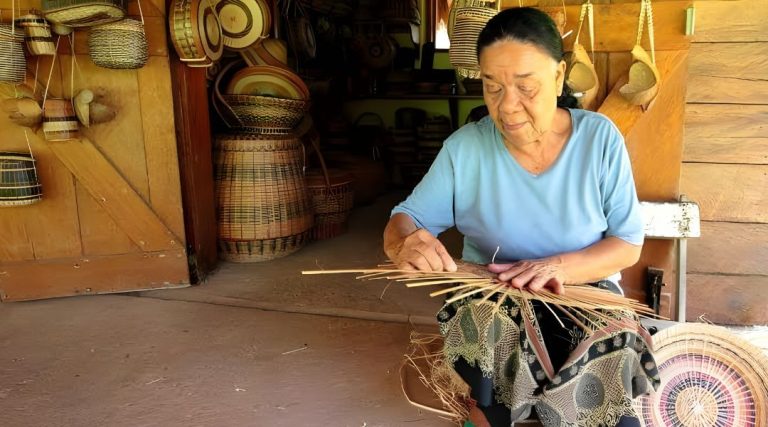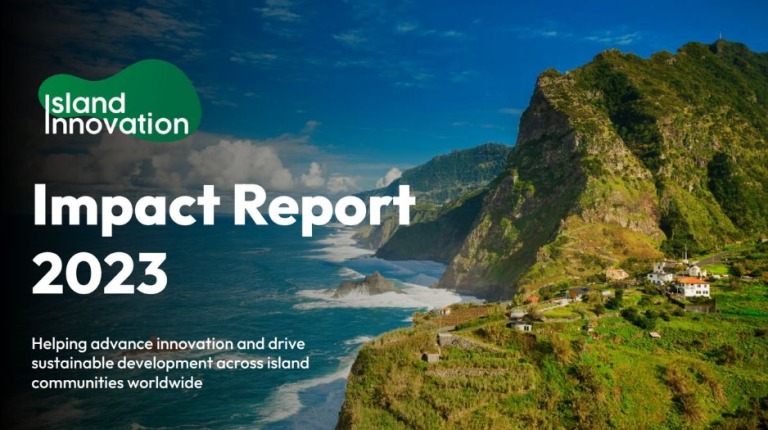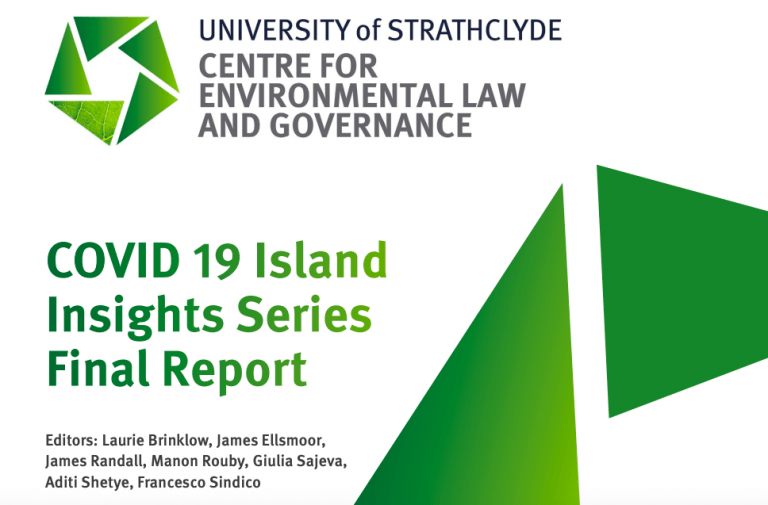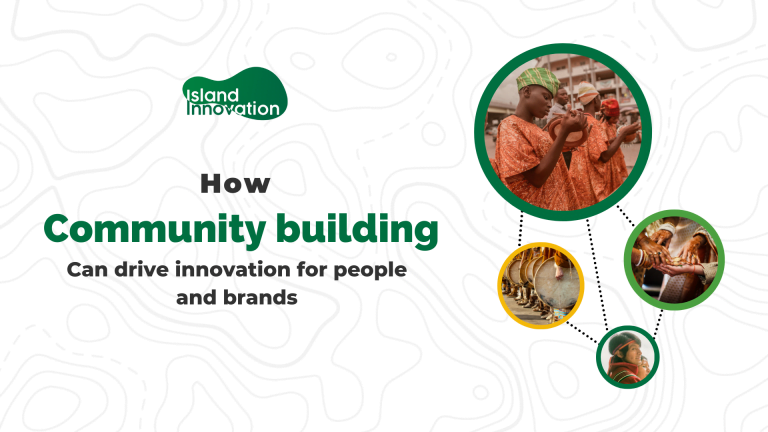Excerpt and Photo from nationaldefensemagazine.org
Pacific Island nations face the dual threats of environmental crises and evolving cyber risks, jeopardizing their human security — access to livelihoods, health and cultural continuity. For small island developing states, where human security relies on cultural and social cohesion, cyber disruptions deepen vulnerabilities and threaten critical services and governance.
Culturally grounded initiatives that integrate human and cybersecurity solutions are required to address these intersecting crises. Ignoring local cultures and attendant worldviews risks ineffectiveness and even harm, leaving citizens ill-equipped to tackle these intersecting crises.
Strengthening resilience in the Pacific Island region — which is generally defined as Melanesia, Micronesia and Polynesia, to the north and east of Australia — is vital for their survival and also fundamental for global security and stability.
In such countries, traditional knowledge systems and social networks form the backbone of community resilience. These cultural frameworks guide decision-making, resource management and responses to crises.
While security is broadly understood as the defense of a sovereign state, human security is concerned with access to food and water, cultural continuity and resilience and social stability.
It follows that both are interconnected; elements that affect national security can have an impact on human security and vice versa. For example, cyber threats targeting critical infrastructure can disrupt access to resources and services, directly undermining human security. Addressing both dimensions in tandem is crucial for fostering sustainable resilience in these vulnerable regions.

